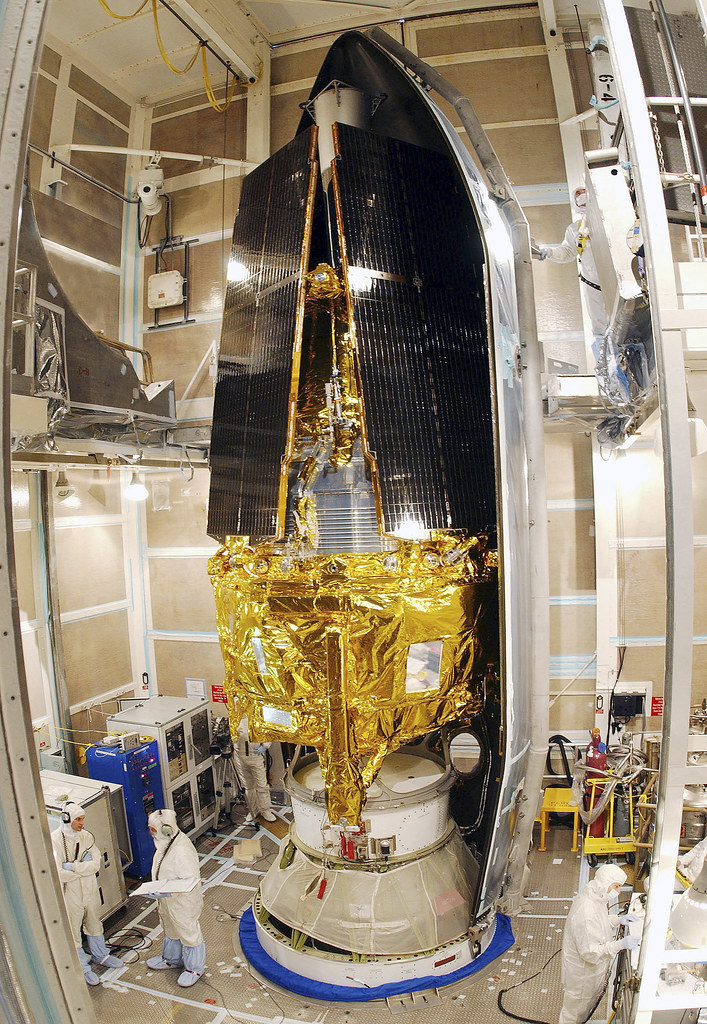Artificial Intelligence (AI) has evolved from a promising innovation into an essential driver of competitive advantage across industries. In 2025, businesses are no longer asking if they should adopt AI but how fast they can integrate it to remain relevant. From predictive analytics to AI-driven customer experiences, organisations that embrace this technology are already seeing measurable gains in productivity, efficiency, and innovation.

1. Smarter Decision-Making Through Predictive Analytics
Data is the lifeblood of modern business, but raw data alone holds little value. AI systems in 2025 are equipped with advanced predictive models that analyse historical trends, consumer behaviour, and market conditions to provide actionable insights.
- Retailers use AI to forecast inventory needs with near-perfect accuracy, avoiding both stock-outs and excess storage costs.
- Financial firms rely on AI-driven risk modelling to anticipate credit defaults or fraudulent activity.
- Manufacturers employ predictive maintenance powered by sensors and AI to prevent costly downtime.
These capabilities enable leaders to make decisions grounded in data rather than guesswork, dramatically reducing risk.
2. AI-Enhanced Customer Experiences
In 2025, customer expectations are shaped by instant gratification. AI enables businesses to meet these demands through personalisation, speed, and accuracy.

Examples include:
- Chatbots and Virtual Assistants that provide 24/7 support with human-like conversation abilities.
- Recommendation Engines that tailor product suggestions in e-commerce platforms.
- Voice AI systems integrated into call centres that reduce wait times and increase first-call resolution rates.
The result is stronger customer loyalty, higher conversion rates, and reduced operational strain.
3. Automation of Repetitive Tasks
AI is redefining productivity by automating repetitive, labour-intensive tasks. In 2025, more businesses are freeing employees from mundane processes so they can focus on innovation and strategy.
- Document processing with AI OCR (Optical Character Recognition) has streamlined back-office operations.
- Robotic Process Automation (RPA), combined with AI, is handling workflows in finance, HR, and logistics.
- Marketing teams automate email campaigns and social posts, guided by AI analytics that determine the best timing and messaging.
This shift boosts morale while reducing costs, creating a workforce that is more engaged and creative.
4. AI and Cybersecurity
As cyber threats grow more sophisticated, so too must defences. AI has become indispensable in cybersecurity, detecting threats in real-time and adapting faster than traditional methods.

AI-powered tools monitor vast amounts of network activity to identify unusual patterns. For instance:
- Anomalous login attempts are flagged instantly.
- Malware is detected before it executes.
- Adaptive algorithms learn from each attack to strengthen future responses.
In 2025, businesses that fail to implement AI-based security measures risk financial loss and reputational damage.
5. AI in Supply Chain Optimisation
The global disruptions of recent years highlighted the vulnerabilities in supply chains. AI is addressing these issues head-on.
- Route optimisation ensures logistics companies minimise fuel use while delivering faster.
- Dynamic demand planning allows companies to respond instantly to fluctuations in consumer demand.
- Blockchain-integrated AI systems track goods with unmatched transparency.
This convergence of AI and supply chain management ensures resilience and agility in uncertain times.
6. The Human-AI Collaboration
A common misconception is that AI will replace humans. In reality, AI in 2025 is creating opportunities for collaboration rather than replacement.

For instance:
- Doctors use AI to analyse scans but still apply their judgement for diagnosis.
- Lawyers depend on AI to review documents quickly while shaping final legal strategies themselves.
- Project managers lean on AI scheduling tools to anticipate delays but still lead teams with human intuition.
The synergy between human creativity and AI efficiency is unlocking new possibilities.
7. Challenges of AI Adoption
While the benefits are immense, challenges persist:
- High implementation costs for advanced AI models.
- Ethical concerns, including data privacy and algorithmic bias.
- Skills gaps within the workforce that hinder adoption.
Forward-thinking companies in 2025 are addressing these issues through strategic investment, reskilling initiatives, and transparent AI governance.
8. Future Outlook: AI as a Business Necessity
AI is no longer optional—it is a core enabler of survival and growth. In the coming years, AI will be embedded into every stage of business operations, from recruitment to sustainability efforts. The winners will be those who view AI not as a cost but as a long-term investment.
Conclusion
Artificial Intelligence is transforming the business landscape in 2025. Companies that adopt AI-driven tools for decision-making, customer engagement, automation, and security are seeing significant competitive advantages. Meanwhile, those hesitant to act risk falling behind.
At Tamfis AI Store, we provide AI tools, modules, and prompt bundles designed to help your business embrace this transformation today. Explore our marketplace and discover how AI can elevate your operations.


